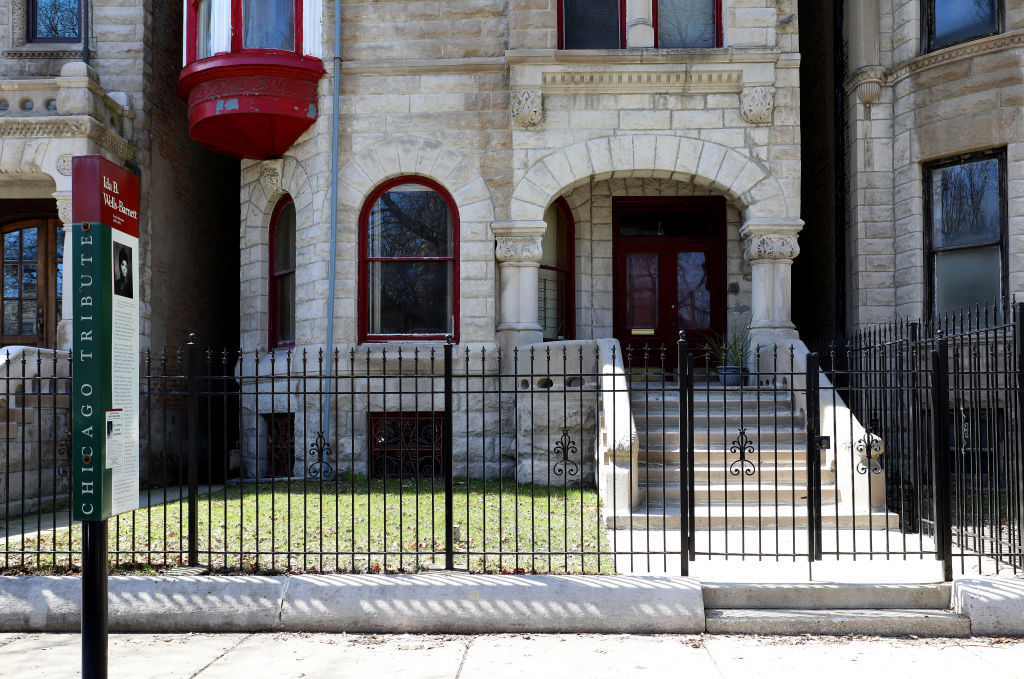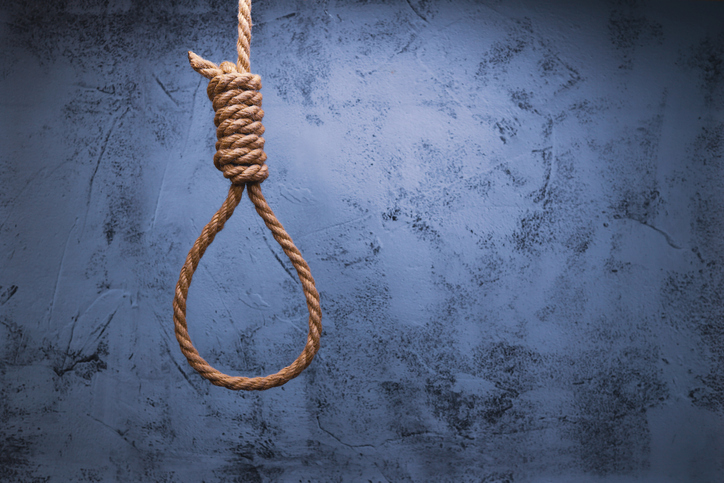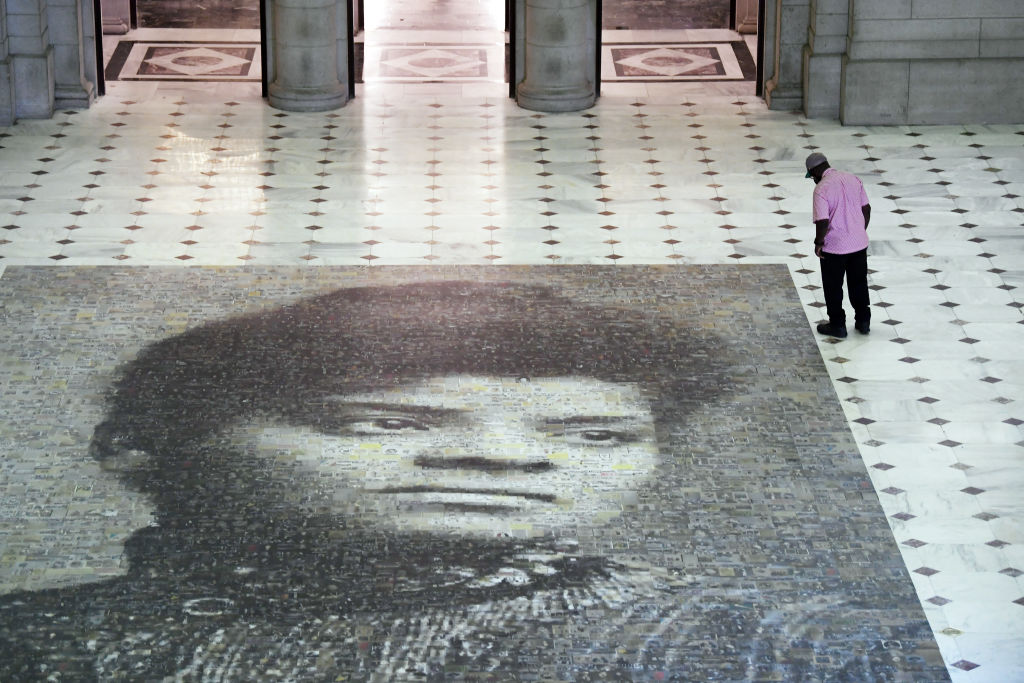Up to date: July 16, 2025, 10 a.m. EST
At present would have been the 163rd birthday of journalist and civil rights activist Ida B. Wells.
I take into consideration the defining journalism of Ida B. Wells most frequently once I discover myself ensnared by the clickbait that makes up a lot of the protection about Black folks and Black life in America. There’s nothing mistaken with the escapism of that writing. We want the respite, Lord is aware of. However we additionally want–and deserve–a lot extra.
We deserve the entire of our lives documented honestly. We should know the on a regular basis of our tales, together with the actual and sometimes exhausting on-the-ground tales, those that we wish so badly to finish, however the ones we are going to solely be capable of finish if we all know the reality and the facility that is available in working collectively within the identify of that fact, within the identify of our deepest want for freedoms which have by no means been the common function of Black America’s lives.
Ida B. Wells, born into slavery in Holly Springs, Mississippi on July sixteenth 1862, anchored us virtually single-handedly to that fact. Starting at the very least by 1890, Wells made it her mission to precisely doc the terrorism of lynching in America. “The folks should know,” she stated, “earlier than they’ll act, and there’s no educator to match with the press.”

Wells revealed her personal pamphlets together with Southern Horrors: Lynch Legislation in all its Phases and The Crimson Report, co-owned and reported her personal newspaper, Memphis Free Speech and Headlight, and finally her work was carried in Black-owned papers throughout the nation.
Wells not solely recorded the truth that human beings have been being killed, but in addition ensured that Individuals knew that the lifeless weren’t, as characterised by white America, folks responsible of crimes for which they have been deserving of dying. Their crime was the actual fact of their humanity, their lives and breaths, their goals and labors, their loves.
Furthermore, Wells utilized sociological reasoning–science–to the occurrences of lynching, naming them as acts of terror that focused Black folks as a result of whites feared the competitors that newly freed and free-born African Individuals would possibly pose. African Individuals, in spite of everything, did the work and knew the land higher than the whites who’d grow to be so accustomed to giving orders, slightly than by understanding the small print of these orders.
The appreciation we’ve right now for the vile and different displays of white supremacy will be traced again to lots of our ancestors, Ida B. Wells chief amongst them. Each time we protest, by means of tears, the lack of one other beloved one to the white supremacy that drives the lethal actions of police and their civil counterparts, we’re leaning upon the work Ida Wells dedicated her life to.

However had white America–and even some Black males—had their approach, we’d by no means have recognized her identify, not to mention her work to finish lynching, usually produced alone and commonly beneath menace of dying. White mobs destroyed her newspaper’s workplace in 1892.
And because the scholar Paula Giddings who wrote Wells’ award-winning biography, Ida: A Sword Amongst Lions famous, she “was shocked and disenchanted to search out that, regardless of her pioneering position as an anti-lynching activist and a founding father of the NAACP, her identify was not included in a up to date Black historical past textual content by Carter G. Woodson, the ‘Father of Negro Historical past.’”

However none of those acts deterred her. “By way of journalism,” Wells declared, she discovered her truest self. And in her discovery of herself, she allowed us, generations on, to additionally uncover ourselves. We who’re journalists specifically stroll a street paved for us by Wells, for whom there have been no mirrors, no roadmaps, no examples to observe.
There have been no computer systems, no central databases monitoring police killings, no photos of brutally slain younger folks like Emmett Until or Michael Brown to drag up and discuss with. Wells—investigator, journalist, writer, repository and archivist—was the factor itself. Telling the tales of us which are written with the sharp edges of our shattered hearts, Ida B. Wells was her personal encyclopedia–and now ours.
We’re her heirs.
And over greater than two-and-a-half a long time in journalism, I’ve seen that inheritance displayed by us with gorgeous magnificence within the pages of Essence, the New York Occasions, Ebony, the Washington Submit, and right here, at iOneDigital, the place my colleague and good friend, Kirsten West Savali is vice-president. I got here to know Kirsten practically 10 years in the past by means of her highly effective bylines about how race is skilled by Black Individuals on this nation. Her work made me discuss with her because the Ida B. Wells of our time. She was overlaying the intricacies and unstated tales of our lives, nobody needed to inform. Black lives mattered to her earlier than and after the hashtag and motion.
For this story, West Savali supplied that,
Ida B. Wells-Barnett taught me that not solely can I be each righteous and rigorous, however that, as a Black girl author from Mississippi, I’ve an obligation to be. She is the blueprint for these of us who write and report on white supremacy, sexual and state violence, and modern-day lynchings carried out by law enforcement officials throughout this nation
Tright here is a picture of her I like. In it, she’s holding onto her books—her paper and pen on the prepared. Her eyes are drained, however targeted. She’s keen us to maintain going. Hold telling our tales. Hold digging, hold combating, hold doing the work.
Her great-granddaughter, Michelle Duster, as soon as shared with me that her matriarch was robust as a result of she needed to be—as a result of she beloved her people who a lot. What an honor it’s not simply to study from the inimitable and courageous Ida B. Wells-Barnett, however to rejoice her complete life, and her deep, unyielding love for us.
Which is why right now, July sixteenth, the day of her delivery 163 years in the past, ought to be a day we mark on calendars, a day once we take a second to acknowledge that we’re right here, partly, as a result of she was there.
SEE ALSO:
Girls’s Historical past Month: 25 Historic No. 1 Songs By Black Girls
Girls’s Historical past Month: Movies About Actual Black Girls You Want To See